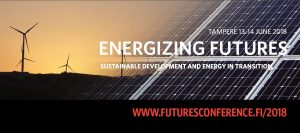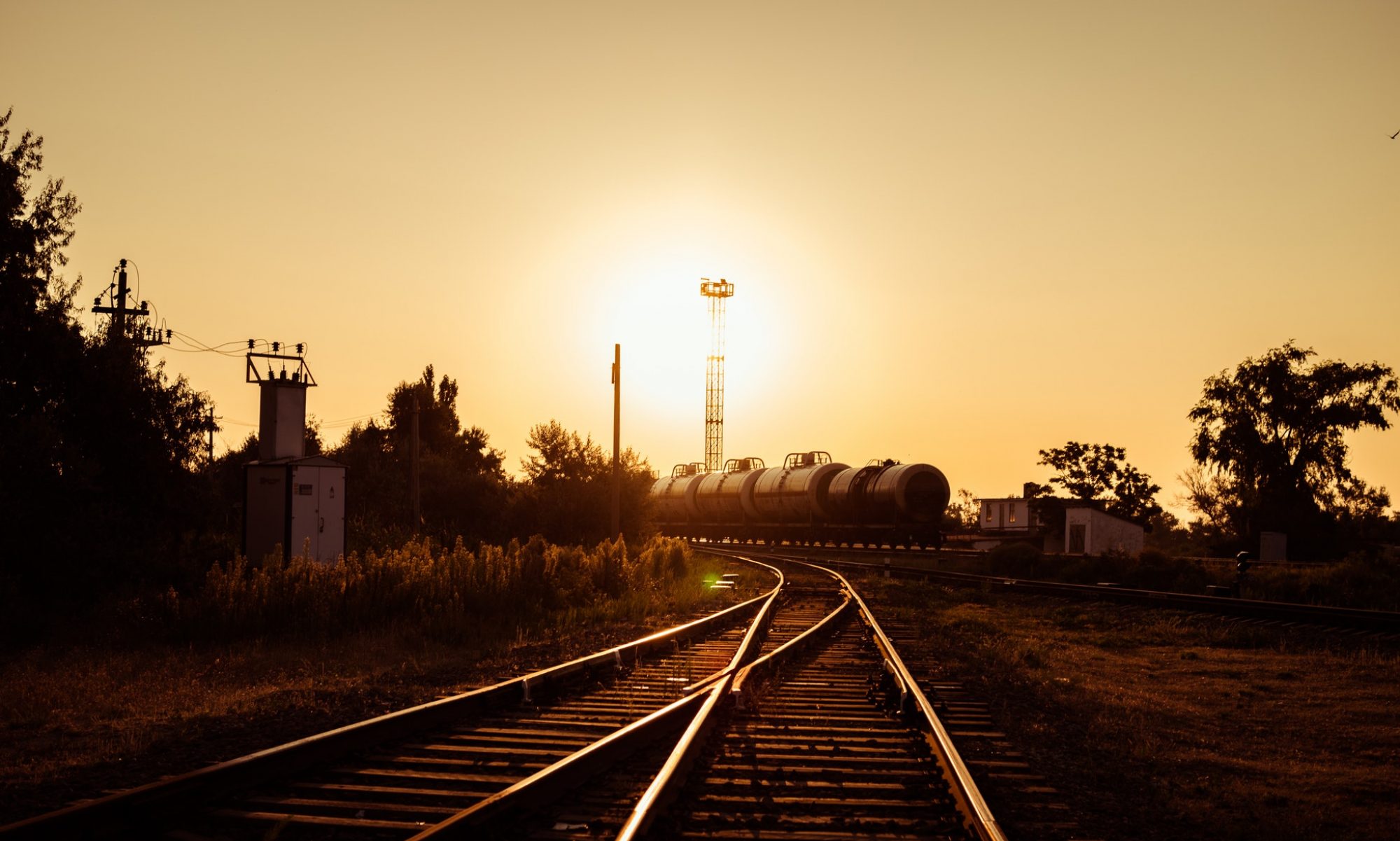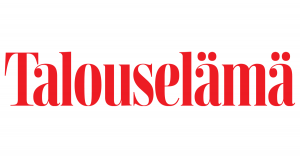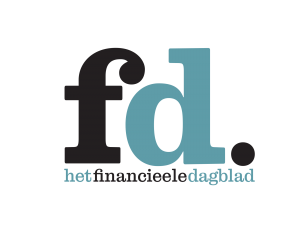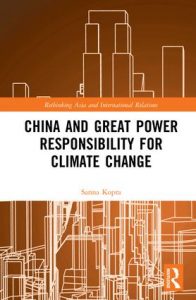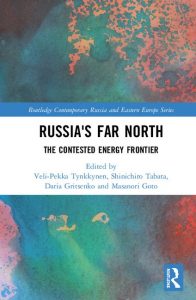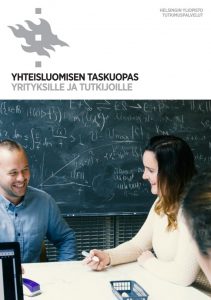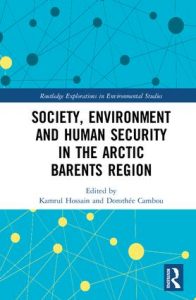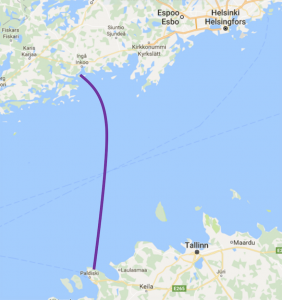On 13-14th of June in Tampere the 19th Futures Conference was organized by Finland Futures Research Centre, University of Turku. The conference focused on the futures of sustainable development and energy and was titled ‘ENERGIZING FUTURES – Sustainable Development and Energy in Transition’’.
To understand the challenges of this transition, we need multidisciplinary, multi-level and time-variant analysis of various issues: renewable and non-renewable energy (re)sources, transforming primary energy into energy carriers (fuels, electricity, heat), energy technologies, impacts (environmental, social, economic, institutional, cultural, etc.) of energy use, energy exports and imports, energy markets and energy price, energy end-use patterns and consumer behavior, energy and resource efficiencies, energy policies, and energy governance.
- What are the main challenges of sustainable energy futures in an era of increasing uncertainty?
- How to create sustainable energy policies in Europe, and elsewhere in the World?
- What is the role of futures studies in identifying opportunities for a fair, efficient and resilient energy system?
“Energizing Futures” aims to generate multidisciplinary, stimulating and critical discussions that promote networking between people interested in energy issues from different backgrounds.
Hanna Lempinen was taking part in the session “Renewable energy policies and sustainability in Europe and the World” with a presentation “Sustainability regionalized? Arctic, energy and the elusive Social”. The presentation is available online.
